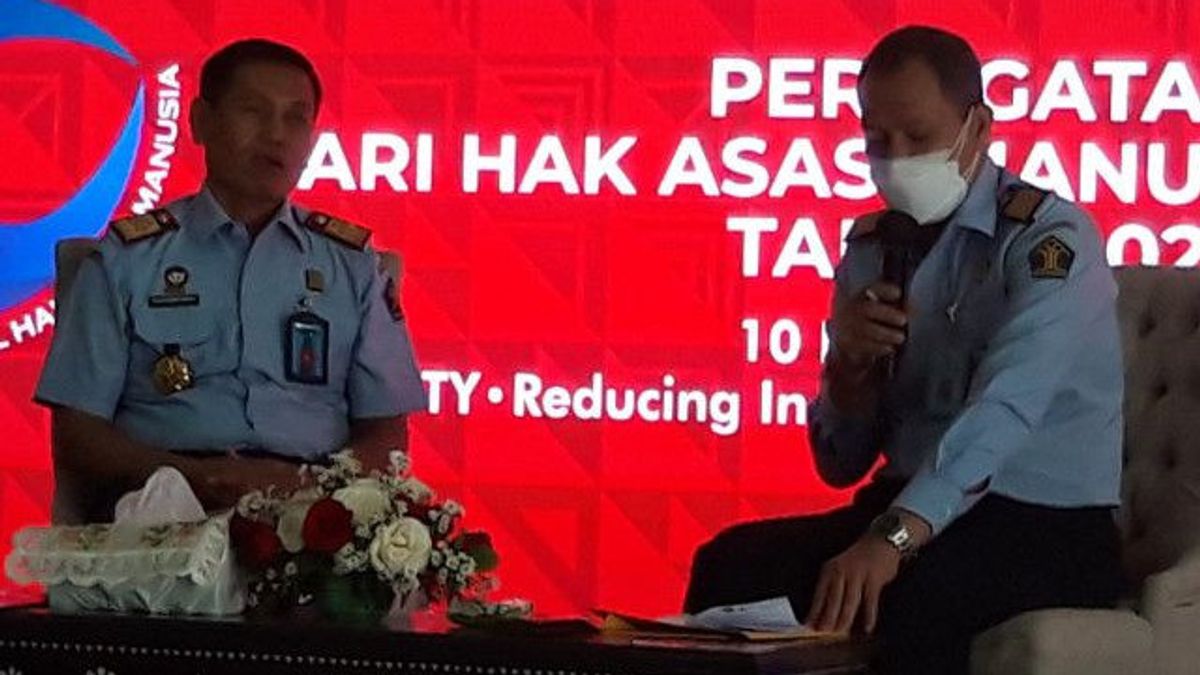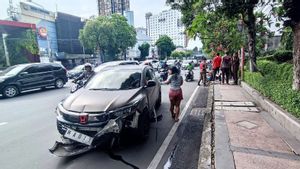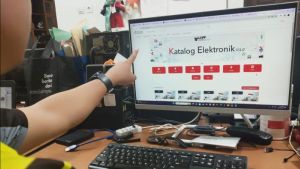JAKARTA - The Indonesian Ministry of Law and Human Rights (Kemenkumham) explained the role taken by the government in responding to or resolving various cases of alleged gross human rights violations in the past.
"In the government, the part is in accordance with the mandate of Article 28i paragraph (4)," said the Director General of Human Rights at the Ministry of Law and Human Rights, Mualimin Abdi, at the commemoration of the 73rd World Human Rights Day in Jakarta, Monday, December 6.
In accordance with the mandate that has been regulated in the law, the government is obliged to carry out a number of concrete activities to address allegations of past gross human rights violations.
These activities refer to the government's responsibility to the victims or people affected by past gross human rights violations.
The activities carried out by the government are quite diverse, including producing or making a National Action Plan for Human Rights (Ranham).
Therefore, continued Mualimin, specifically for incidents of gross human rights violations, the government does not interfere in terms of law enforcement mechanisms.
Specifically for law enforcement, the National Human Rights Commission (Komnas HAM) acts as an investigator and the Attorney General's Office (AGO) as an investigator.
However, he continued, this does not mean that the government should let go or just let go of a number of past gross human rights violations. One of them is the preparation of Ranham which has been started since 1998.
On the one hand, he acknowledged that the contents of the first, second and third generation Ranham were more about strengthening the institutions that carry out human rights enforcement.
"In other words, it is not yet concrete as needed by the community," he said as quoted by Antara.
However, in the fourth and fifth generations of Ranham, which were prepared by the government, they began to have clarity by setting the target group, namely the vulnerable group.
"The vulnerable groups are women, children, disabilities and the rights of indigenous peoples," he said.
The English, Chinese, Japanese, Arabic, and French versions are automatically generated by the AI. So there may still be inaccuracies in translating, please always see Indonesian as our main language. (system supported by DigitalSiber.id)













